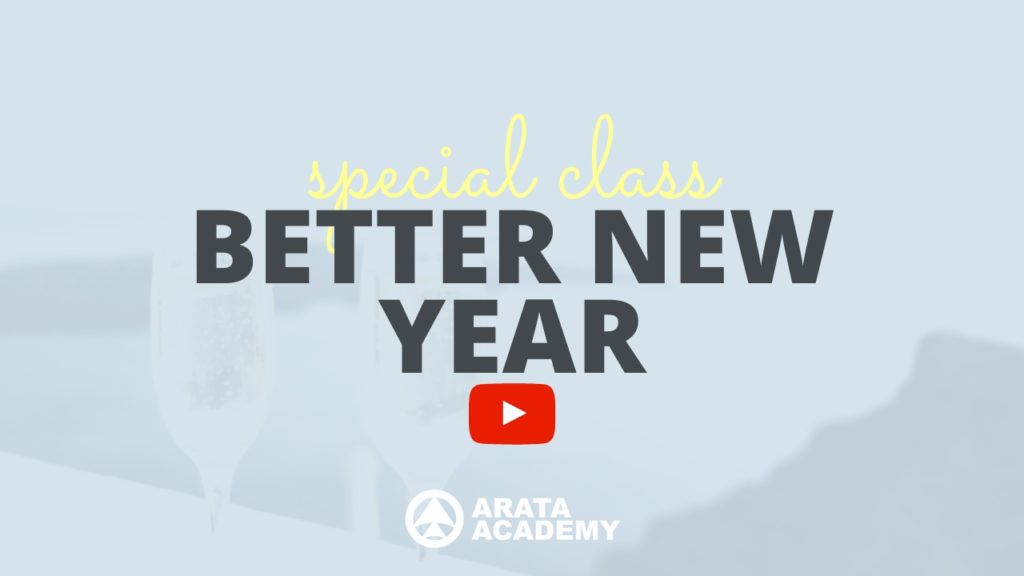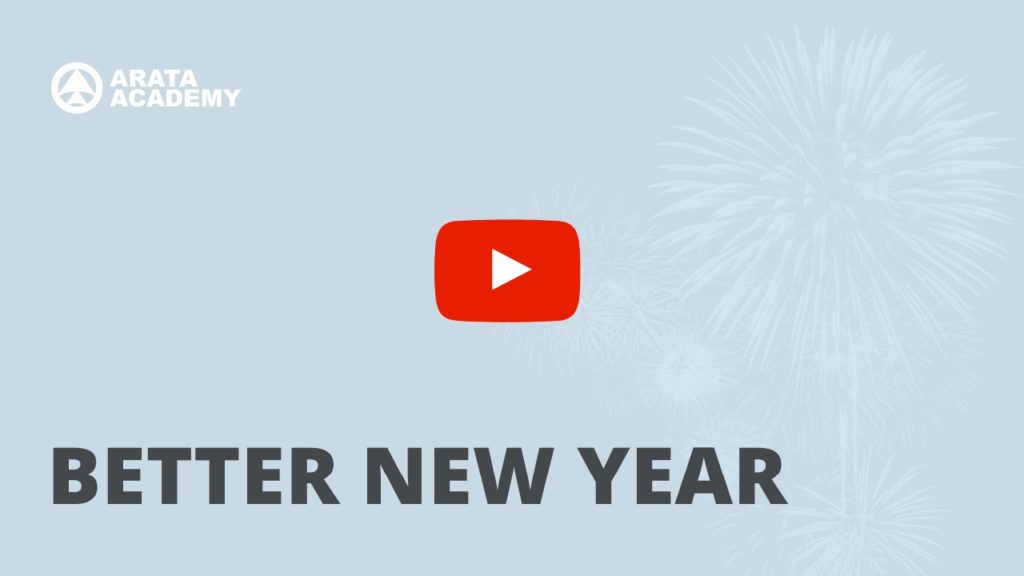Hello! Seiiti Arata. How can you speak in a way that people will want to listen?
1. You do not need eloquent or flowery speech.
If you search, you will find several rules: use high-impact words, control your tone of voice, blink less, pause more, ask questions, and attend to other small details to improve your communication. But guess what? None of this will do the trick if the main point of your message is weak.
After I record a video for you here on YouTube, I always read all the comments. (By the way, since YouTube comments are difficult to organize, if you have a request or question, it is better to send it through the official channel of communication, using this link: http://arata.se/contact. There, you have a form to fill in, and this ensures that our entire team can respond.)
In both the YouTube comments and the messages we receive through the contact form, I notice two different types of praise in the thank-you messages: there are people who say something like “I like the way you talk. I like your voice; you speak well,” and there are people who say “What you said in the video inspired me to change. I saw your video, and I improved my behaviour, and today I have better results.”
I always aim for the second feedback. My job is not to be eloquent; it is not to speak nicely and to be admired. My goal is to speak in a way that allows you to promote positive change in your life.
Now I ask: what about you? My guess is that eloquence is not enough to make people want to listen. So how can you communicate better?
My suggestion is to worry less about eloquence. Do not worry about the speed of your speech, or the pronunciation of words. Worry less about speaking with fancy vocabulary; worry less about flawless grammar. Do not worry about an accent or a tone of voice. Those are details. Until recently I had a lisp, and this was never an obstacle for me to communicate my ideas.
The most important thing is that you understand the subject. You need to have something important to say. The details of HOW you are going to say it are secondary. What you need most is an important message that you have a desire to transmit. You need to have something that is bubbling inside you and that you need to share. You feel the moral obligation to spread the idea with others. This is where you focus.
2. Learning to speak better is an important step in improving your results.
How do you reap results? By taking action. And you usually take action after thinking. Right? So organizing your thoughts is a first step to taking action.
Do you know what behaviour slows down people’s lives? Can you identify what people who consider themselves failures have in common? What is different about the mentality of people who consider themselves successful?
When we talk about success, it can be anything: money, health, love, good form, relationships, skills.
The difference is simple: to reap better results, we need to implement better actions. And to implement better actions, we need to have better thoughts. It all starts at the level of ideas, reasoning, and language. And if you have a limited command of language, your actions will be limited, and your outcome will be limited.
3. Choose the appropriate style of communication.
See episode 33 of the Productivity Arata series, and you will see the basics on how to better communicate with people.
Before any communication, you always want to be clear about your intention. What are you looking to achieve? It is with such clarity that you will make the best choice of your words and the appropriate way to communicate them.
For example, in the face of an unexpected problem in your business, you can get your team together and say that the plan has failed.
What will be the result? Your team will hear the word failure, and they will be disappointed, perhaps ashamed of not having achieved the best result possible. Some may fear being fired. Others may believe they have wasted time on something that has failed. There will likely be pessimism, an uncomfortable climate, and paralysis, with little or no action being taken to remedy the situation.
If you do not want this type of situation, you can modify your language and say that the project is facing a new obstacle, and now the challenge is for the team to find a way to overcome it. What is the difference in outcome? Now we have creative minds assembled for the purpose of understanding the nature of the obstacle, the resources available, and what alternatives might exist. The team will be more enthusiastic and take more productive action.
If you want to increase your chances of success, you need to think big. Knowing how to communicate will get you closer to the result you want. And for this, you need to choose words and phrases that will produce images and feelings consistent with what you seek.
Let me give you some examples:
Instead of saying “I’ve tried it, and it did not work,” say “I have not found the best way to make it happen so far, but I know I can continue to improve my strategy until it works out. “
Instead of saying “No one will want to buy my product,” try “To sell my product, how can I make the offer more attractive?”
Instead of “No company wants to hire me with my resumé as it is,” ask “What changes do I have to make (either to the resumé or to myself) to be a better candidate for a job?”
Instead of thinking “I’m too young (or old) to do this,” think “What advantages do I have because of my age? And how can I make the most of these advantages to differentiate myself from others?”
Pay attention to the way you communicate and especially the various possibilities that can lead to different results.
If you like this kind of subject, you will like the Better New Year course. Visit http://arata.se/betternewyear. The Better New Year is a fast course, especially produced for you to increase the chances of success in different dimensions of your life through rational and intelligent planning.
For example, when setting goals, you need to sort your objectives in an optimal sequence. You want the first goal to help you achieve the second goal, and so on. We will explain strategies to make it inevitable that you achieve your goals and objectives in the Better New Year course at http://arata.se/betternewyear.

